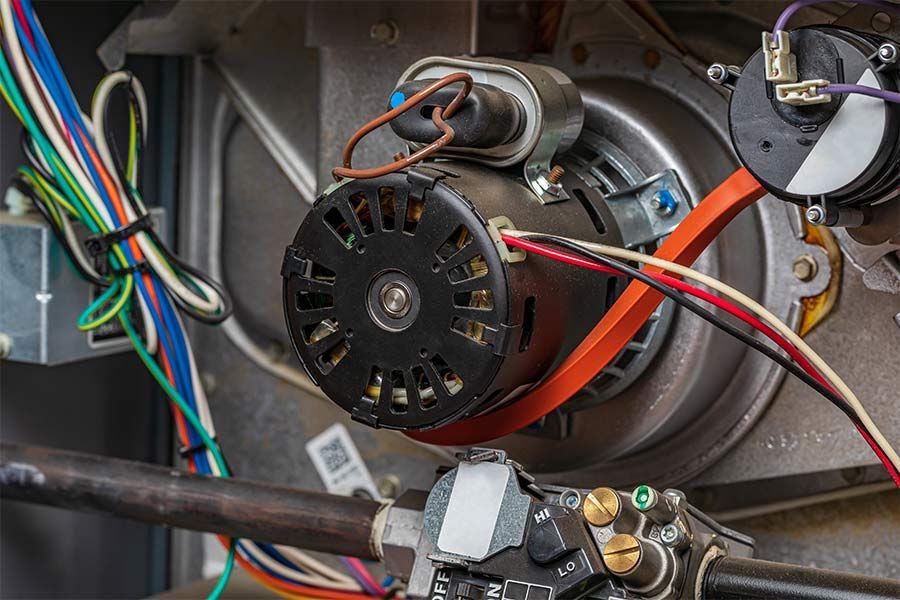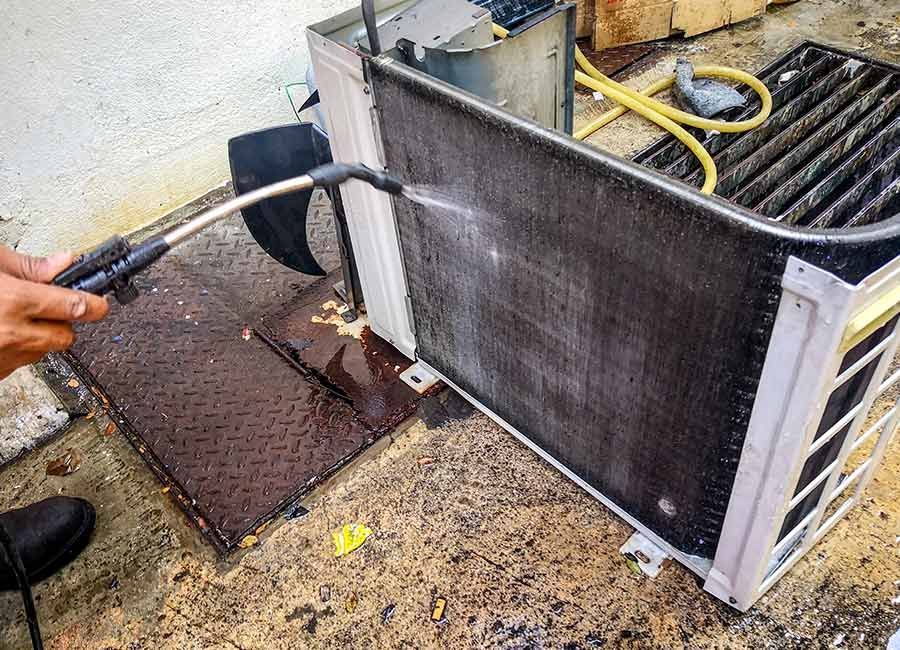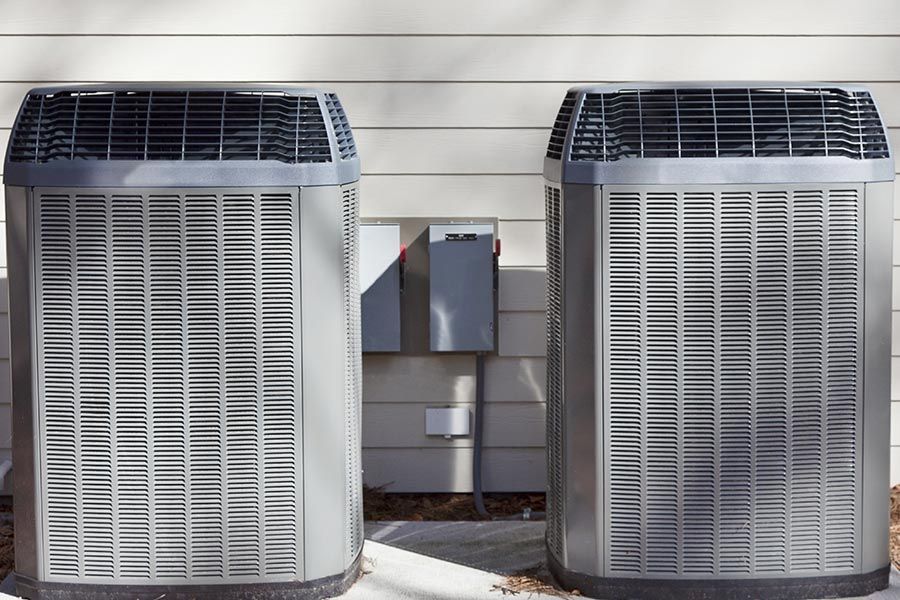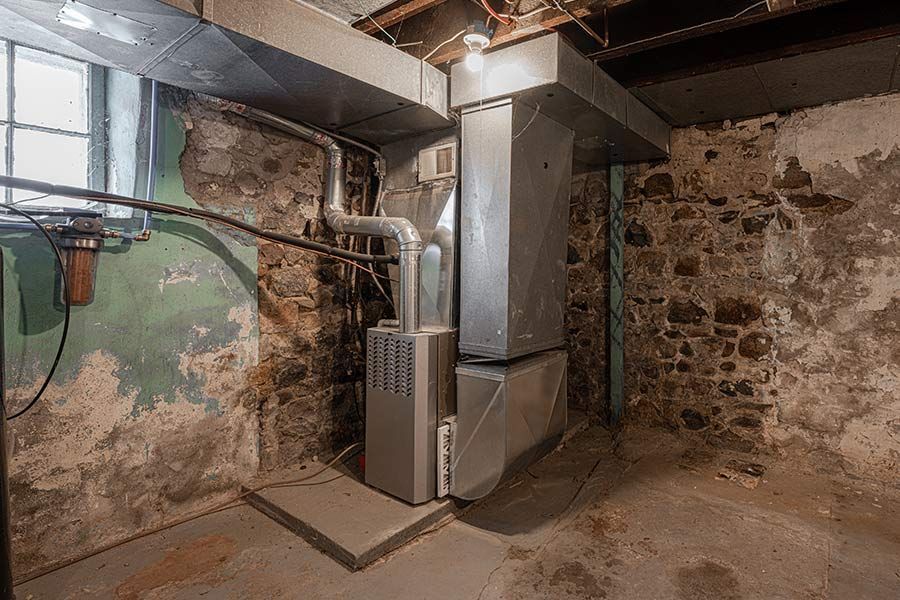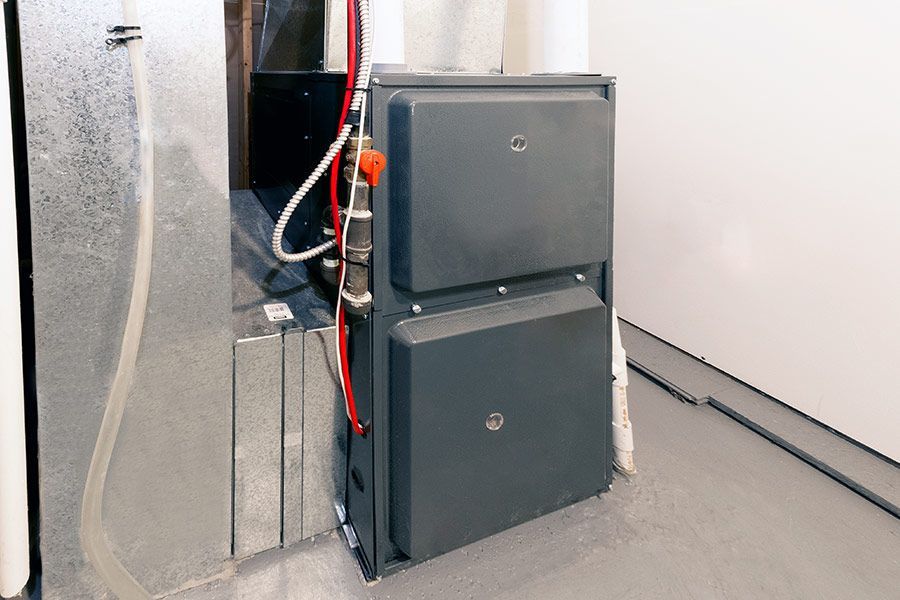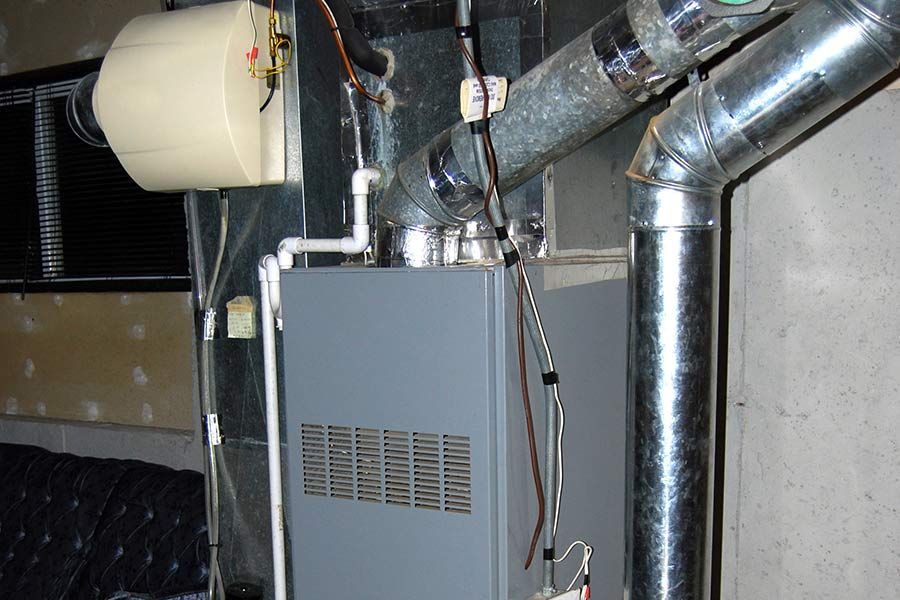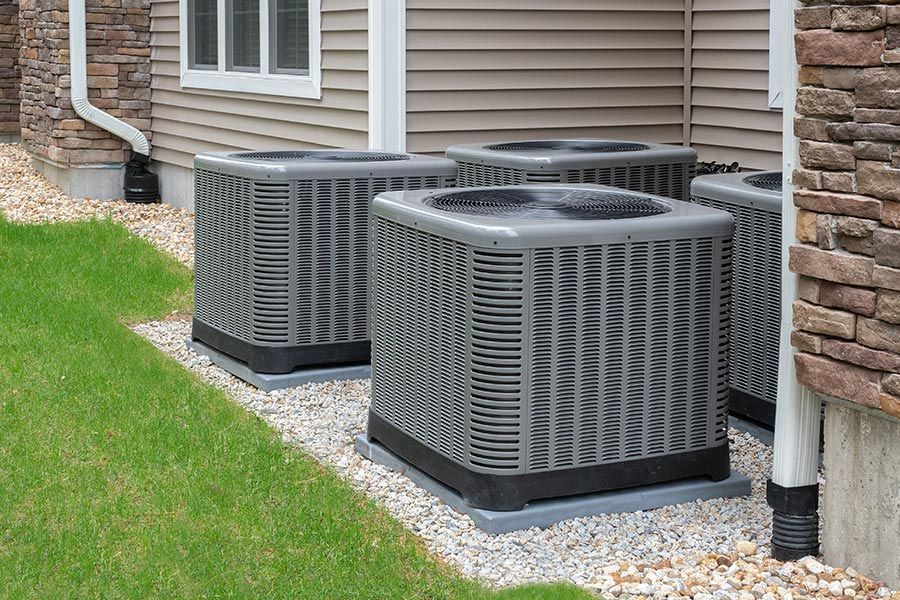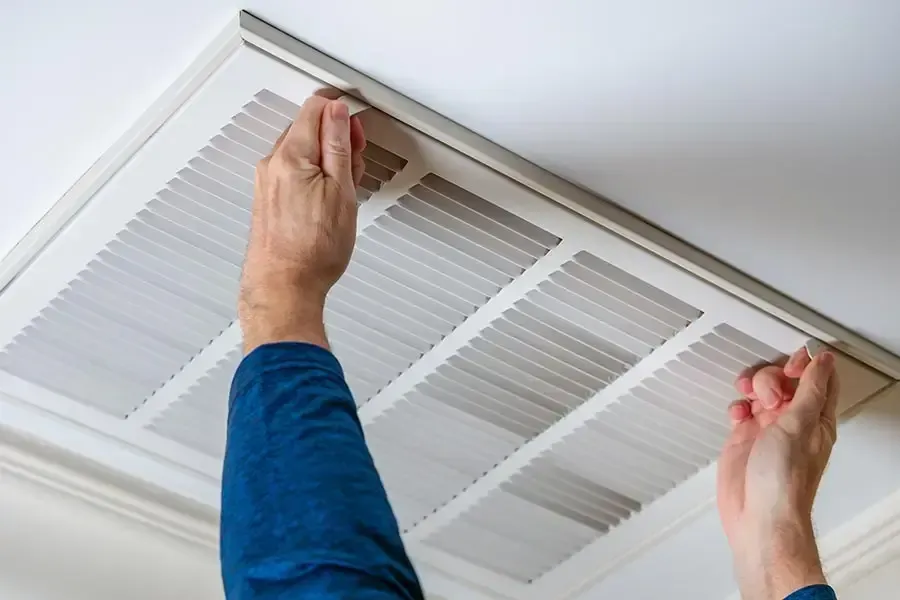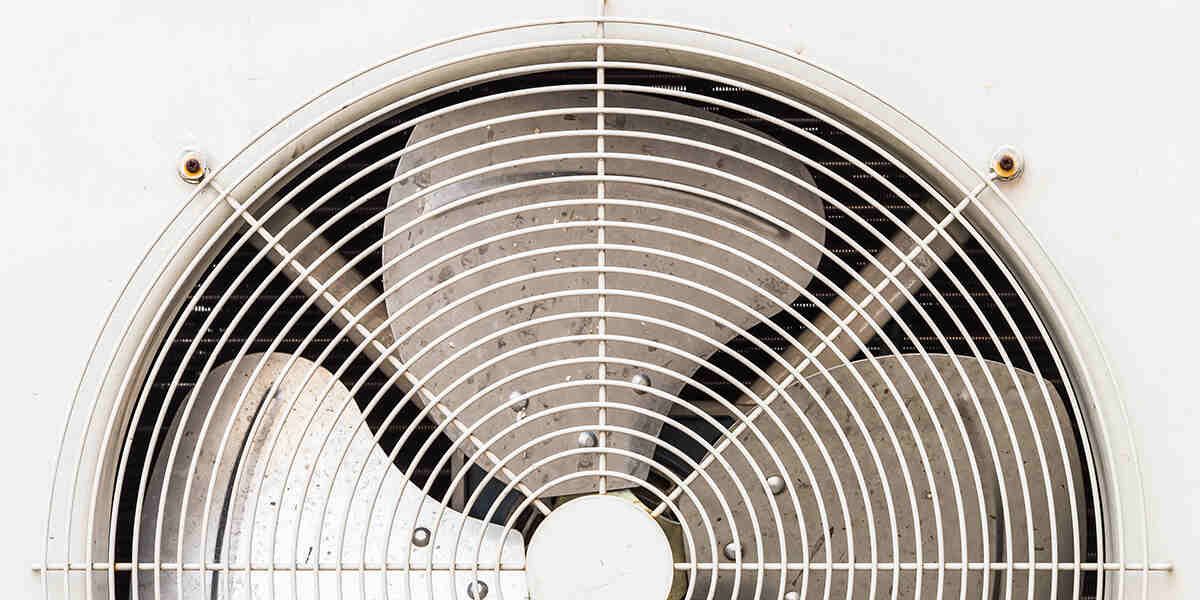What Boiler Size Is Right for My Home?
Few aspects of your home are more essential during Montana’s chilly winter season than the boiler. It keeps your home warm during the coldest nights while providing hot water on demand. When shopping for a new boiler, you must find a proportionally sized boiler that correlates with your home.
Figuring out the correct boiler size isn’t always easy. That’s why the heating and cooling specialists at Premier Systems developed this brief guide to help you find the perfect boiler for your home.
Premier Systems is one of Bozeman, MT’s leading heating and air conditioning companies. Our technicians specialize in maintaining, repairing, and installing boilers of all makes and models. We focus on you and your family’s unique heating needs.
If you need experienced water heater contractors in Bozeman, MT, contact Premier Systems today.
Types of Boilers
Before you learn how to find the correct boiler size for your residence, you must determine which variation best suits your home. Boilers come in several shapes, sizes, and designs.
The primary models are:
- Conventional boilers (also known as heat-only boilers)
- Condensing boilers
- Combi boilers
- System boilers (also called closed-vent boilers)
- Gas boilers
- Oil boilers
Each model functions differently and has its unique strengths and weaknesses. For example, conventional boilers are exceedingly affordable and work best for large families that use a lot of hot water. Yet, they don’t generate hot water as efficiently as other boiler models and take up immense space.
It’s best to contact a professional heating and cooling company to evaluate your residence. An HVAC professional can help you determine which boiler model works best for your household and heating needs.
BTUs and How They Affect Your Boiler’s Size
British Thermal Units, better known as BTUs, measure thermal energy and determine a boiler’s energy capacity. The higher a boiler’s BTUs, the more thermal energy it provides. Although bigger boilers with high BTUs generate more heat than other smaller models, they may not be best for your home.
When shopping for a new boiler, you must match the boiler’s heat output (BTUs) with your home’s heat requirements. Big homes often require larger boilers with higher BTU ratings, while tiny residences need smaller units with lower BTUs.
Installing an oversized boiler will cause it to cycle too frequently, wasting tons of energy while significantly increasing your utility bills. Conversely, an undersized boiler won’t adequately warm your home or water supply.
AFUE Ratings
Most modern boilers have an AFUE (annual fuel utilization efficiency) rating to determine their efficiency level. Boilers with high AFUE ratings convert fuel into thermal energy faster than boilers with lower ratings, making them ideal for larger homes.
High-efficiency boilers receive an 8% AFUE rating or higher. Energy Star certifies many AFUE-rated boilers, but not all. It’s best to find an Energy Star-certified boiler to ensure optimal efficiency and lower your carbon footprint.
The boiler model often affects the AFUE rating. For example, oil furnaces typically have lower AFUE ratings than electric boilers.
Below are common boiler variations and their average AFUE rating:
- Oil boilers: 80 to 90 percent AFUE rating
- Gas boilers: 89 to 98 percent AFUE rating
- Condensing boiler: 95 percent or higher AFUE rating
- Electric boilers: 100 percent AFUE rating
Electric boilers have the highest AFUE rating since they don’t produce wasted gas. If you live in an area with low electricity costs and want a high-efficiency boiler, electric models are the best option.
How to Determine the Correct Boiler Size
While your home’s size influences the correct boiler size, even the most experienced technician can’t determine the ideal boiler size just by looking at your home. To find the perfectly sized boiler, heating and cooling experts calculate your home’s heat loss.
Professional technicians use the Manual J calculation method to figure out how much heat your home loses. They start by measuring your home’s total square feet. Once they determine your home’s square footage, they evaluate numerous other aspects of your residence, including:
- Your home’s wall height
- The number of windows in your home
- The size of your home’s windows
- The window’s age and integrity (if they leak, have cracks, etc.)
- Your attic’s insulation thickness
After the contractor assesses all the necessary elements in your home, they determine your region’s outdoor design temperature. Homes in exceedingly cold climates need larger boilers with higher BTUs than homes in hotter areas, even if they’re relatively small.
For example, a large home in Texas will likely need a smaller boiler than a tiny home in northern Alaska. Calculating your region’s average winter temperature can help you determine your home's boiler size.
Although figuring out a home’s Manual J calculation takes time, it’s another vital step in determining your new boiler’s size.
Sizing Residential Steam Boilers
Deciding the correct steam boiler size differs from sizing the other models. Heating and cooling technicians must find your home’s volume of radiation before determining the proper boiler size. An inadequately sized steam boiler can cause numerous issues ranging from poor energy efficiency to overly noisy systems.
Professionals use the EDR (equivalence of direct radiation) method to measure your home’s radiation by the square foot. They began by measuring your home’s radiators’ width, length, and height. This measurement calculates the radiators’ volume, allowing the technician to determine the best size boiler for your home.
Contact Premier Systems for All Your Boiler Installation, Maintenance, and Repair Needs in Bozeman, MT
Contact Premier Systems if you need professional boiler maintenance, installation, or repairs in Bozeman, MT and the surrounding areas. Our team will help you find the perfect boiler size for your home and install it swiftly without sacrificing quality. We’ve been helping Bozeman residents install and maintain their boilers for numerous years, qualifying us for all your boiler needs.
Whether you need professional boiler repair or heat pump installation services, the Premier System team is here for you.
Call our team today at
(406) 823-3602 to learn more about our heating and cooling specialists and our services.

